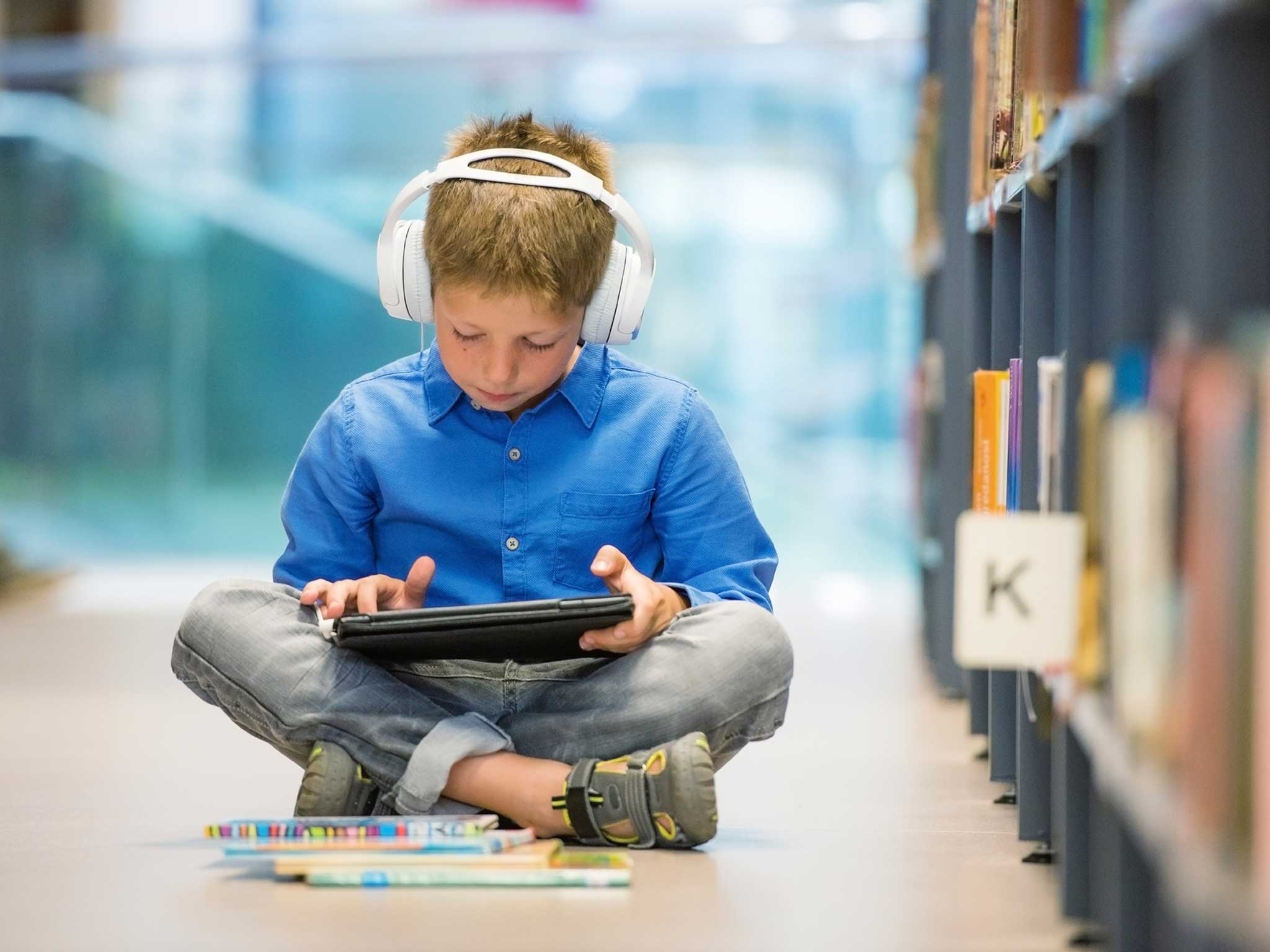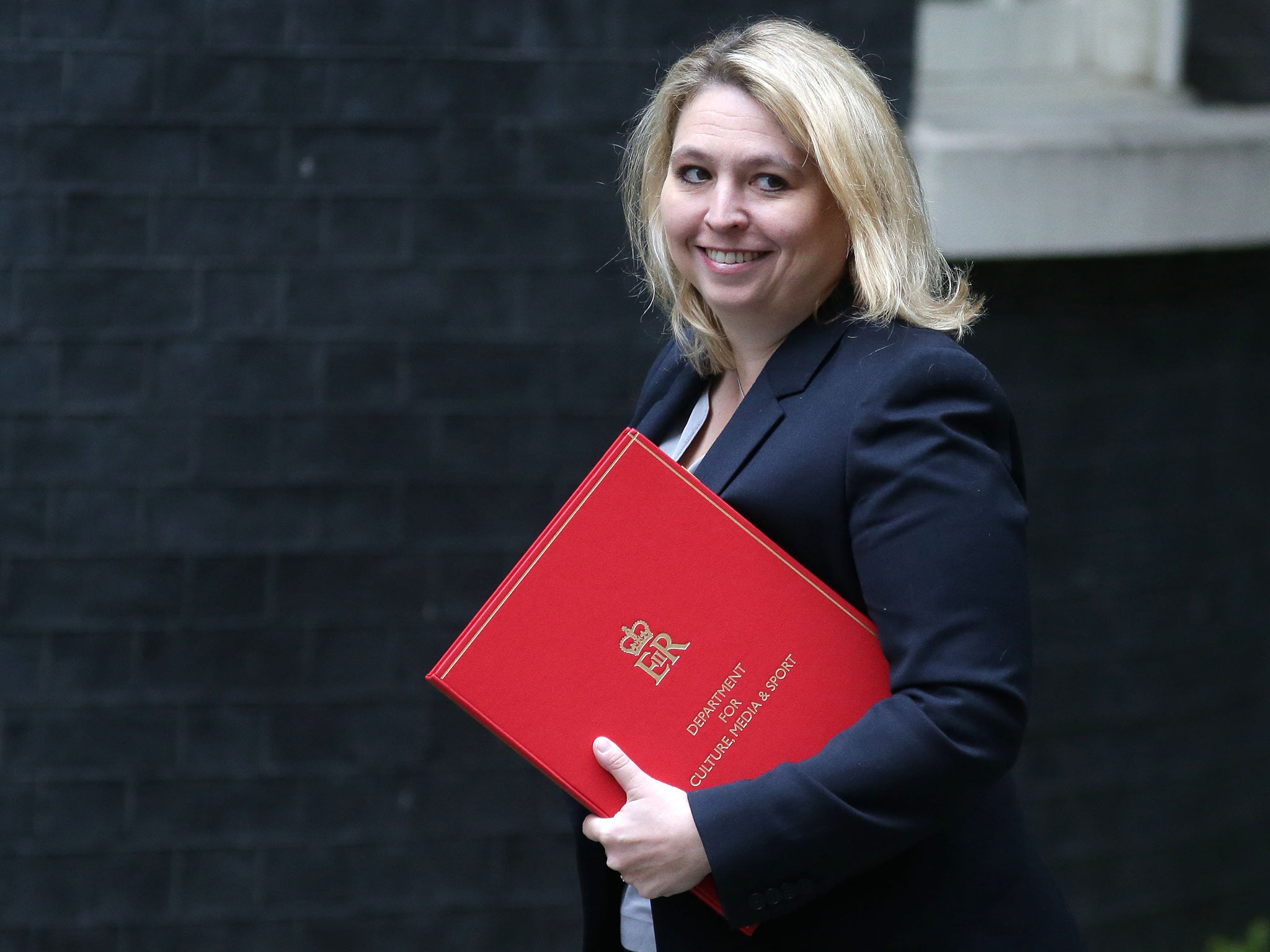Government announces £60m children's TV fund to encourage British broadcasters to invest in new programmes
Culture Secretary Karen Bradley lays out plans for a three-year pilot to encourage greater variety in children's programmes

Your support helps us to tell the story
From reproductive rights to climate change to Big Tech, The Independent is on the ground when the story is developing. Whether it's investigating the financials of Elon Musk's pro-Trump PAC or producing our latest documentary, 'The A Word', which shines a light on the American women fighting for reproductive rights, we know how important it is to parse out the facts from the messaging.
At such a critical moment in US history, we need reporters on the ground. Your donation allows us to keep sending journalists to speak to both sides of the story.
The Independent is trusted by Americans across the entire political spectrum. And unlike many other quality news outlets, we choose not to lock Americans out of our reporting and analysis with paywalls. We believe quality journalism should be available to everyone, paid for by those who can afford it.
Your support makes all the difference.Children's television will receive a £60m funding boost to encourage UK broadcasters to spend more on developing new programmes for a younger audience.
Culture Secretary Karen Bradley has set out plans for a three-year pilot to encourage greater variety in children's programmes, with a particular focus on diversity and shows made outside of London.
Children's television has suffered a £55m decline in spending over the last decade amid a fall in output and a curb on advertising of junk food during programmes for a younger audience.
The rise of streaming services such as Netflix, Youtube and Amazon Prime has also impacted on children's viewing habits and brought fierce competition to homegrown shows such as CBBC and CBBC on the BBC, and ITV's CITV.
The move will tackle the BBC's dominance over the children's television market, as the corporation accounted for 87 per cent of all the first-run homegrown content by public service broadcasters, which also include ITV, Channel 4, Channel 5 and S4C, in Wales.
Announcing the plans, Ms Bradley said: "High-quality children's television is not only entertaining but plays a vital role in stimulating learning and giving young people a greater understanding of the world around them.

"This significant investment will give our world-renowned television production sector the boost it needs to create innovative content for a wider audience that would otherwise not be made."
The plans, which will be outlined in a policy paper in the new year, will fund up to 50 per cent of the production and distribution costs of original TV shows, will be paid for by unallocated funds from the 2010 licence fee settlement.
It comes after the introduction of a children's TV tax break and new quotas from Ofcom for children's channels CBeebies and CBBC.
Anna Home, a former BBC boss who commissioned Grange Hill and the Teletubbies, who chairs the Children's Media Foundation, said: “It’s a much-needed stimulus for the UK’s children’s media makers and we hope it will bring new and exciting content for children of all ages that could not otherwise have been commissioned.”
John McVay, chief executive of PACT, which represents the industry, said: “PACT has long campaigned for increased investment in original children’s content to incentivise new entrants to the market.
"This along with the introduction of the PSB criteria through the Digital Economy Act, will encourage the commercial PSBs back to the table and foster new talent.”
Join our commenting forum
Join thought-provoking conversations, follow other Independent readers and see their replies
Comments